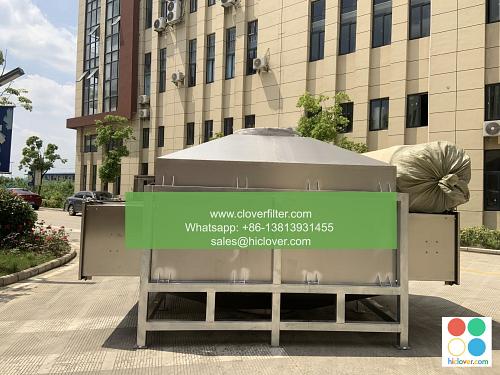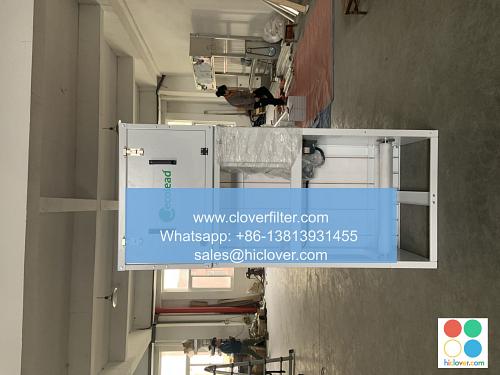High-Efficiency Air Filters Vs. Standard Filtres – What’s Better?

When it comes to air filtration, there are two main types of filters: High-Efficiency Air Filters and Standard Filters. Both types of filters have their own set of advantages and disadvantages, and the choice between them depends on various factors such as air quality, health concerns, and budget. In this article, we will discuss the differences between High-Efficiency Air Filters and Standard Filters, and explore the various application areas where one might be more suitable than the other.
What are High-Efficiency Air Filters?
High-Efficiency Air Filters, also known as HEPA (High Efficiency Particulate Air) filters, are designed to capture ultra-fine particles and allergens that can aggravate respiratory issues such as asthma and allergies. These filters have a high MERV rating (Minimum Efficiency Reporting Value), which measures their ability to capture particles of different sizes. HEPA filters can capture particles as small as 0.3 microns, making them ideal for clean rooms, hospitals, and pharmaceutical applications.
What are Standard Filters?
Standard Filters, on the other hand, are designed to capture larger particles such as dust, pollen, and pet dander. They have a lower MERV rating compared to HEPA filters and are typically less expensive. Standard Filters are suitable for residential applications and can provide adequate air filtration for general air quality concerns.
Key Differences Between High-Efficiency Air Filters and Standard Filters
The main differences between High-Efficiency Air Filters and Standard Filters are:
- Particle capture efficiency: HEPA filters can capture particles as small as 0.3 microns, while Standard Filters can only capture particles as small as 10 microns.
- Filter media: HEPA filters use a specialized filter media that is designed to capture ultra-fine particles, while Standard Filters use a standard filter media that is less effective.
- Application areas: HEPA filters are suitable for commercial applications, industrial applications, and healthcare applications, while Standard Filters are suitable for residential applications.
Benefits of High-Efficiency Air Filters
The benefits of High-Efficiency Air Filters include:
- Improved indoor air quality: HEPA filters can capture 99.97% of particles as small as 0.3 microns, making them ideal for applications where air purity is critical.
- Reduced allergens and asthma symptoms: HEPA filters can capture allergens and ultra-fine particles that can aggravate respiratory issues.
- Longer filter life: HEPA filters can last up to 2-3 years depending on usage and maintenance, making them a more cost-effective option in the long run.
Conclusion
In conclusion, High-Efficiency Air Filters are a better choice than Standard Filters for applications where air quality and health concerns are a top priority. While Standard Filters can provide adequate air filtration for general air quality concerns, they may not be sufficient for applications where ultra-fine particles and allergens are a concern. By understanding the differences between High-Efficiency Air Filters and Standard Filters, you can make an informed decision about which type of filter is best for your specific needs and application areas. Whether you’re looking for clean room filtration, hospital air filtration, or residential air filtration, there is a High-Efficiency Air Filter or Standard Filter that can meet your requirements.
It looks like you forgot to include the prompt!
Please go ahead and provide the prompt, and I’ll be happy to help. What would you like to talk about or ask?


